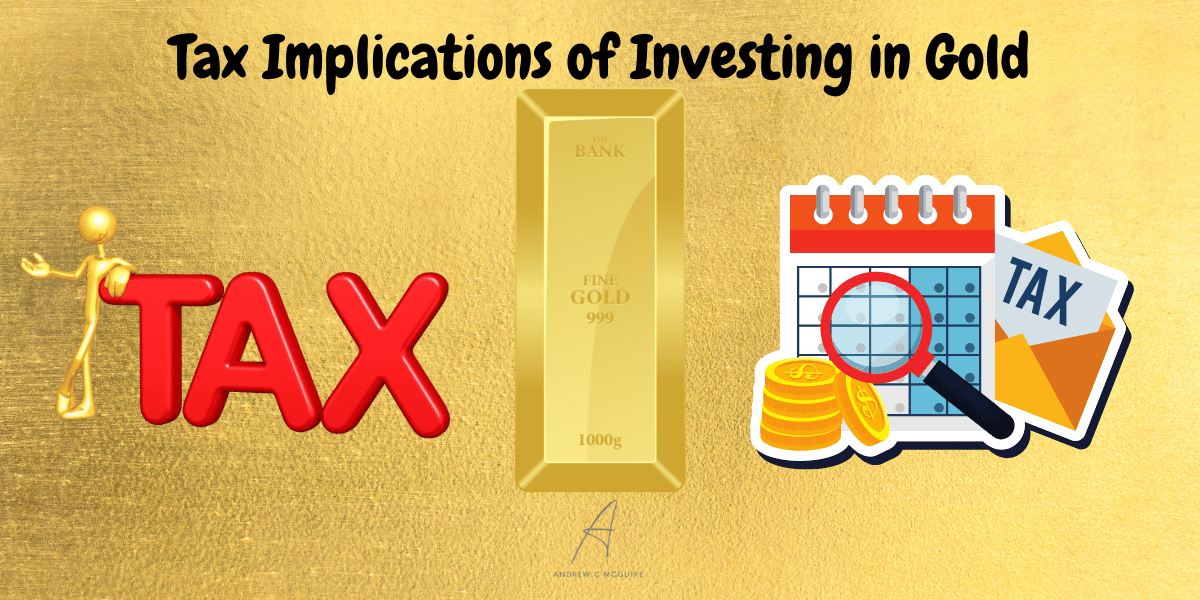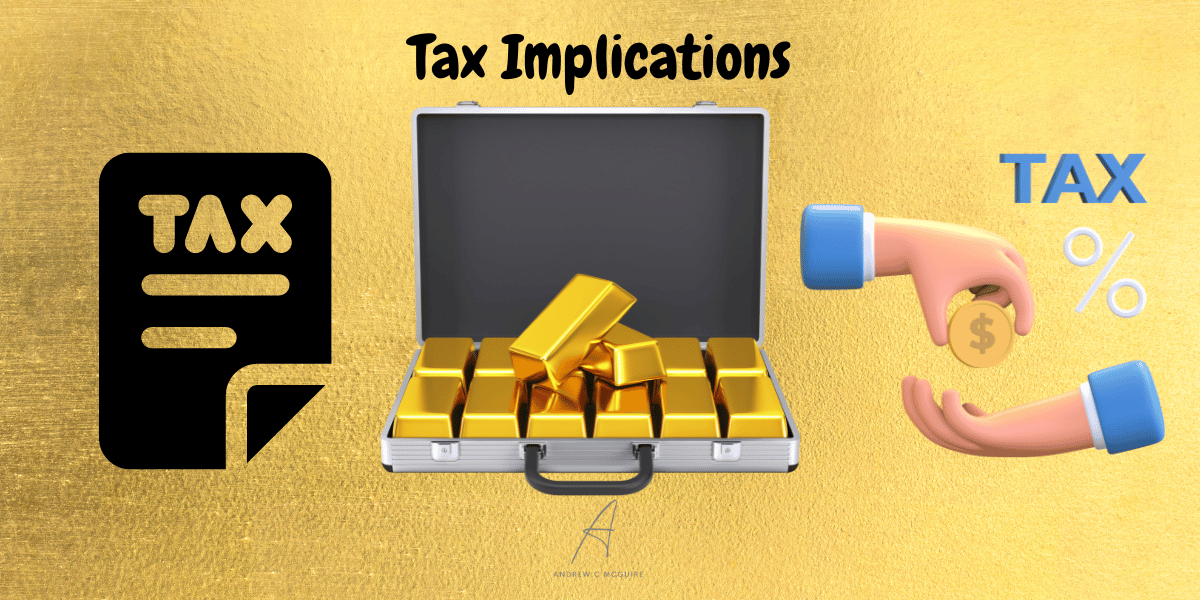Are you looking for ways to safeguard your wealth in the face of inflation and recession? Gold investment may be the perfect option for you. Not only will you be able to hedge your hard-earned money from the detrimental effects of recessions, but you will also grow your funds, thereby taking charge of your financial future. There are several modalities of gold investment available for you to explore, including gold jewelry, gold bars, gold futures, gold mining stocks, gold mutual funds, physical gold bullion, and gold ETFs. However, you need to invest with a gold mining company that has a track record that you can trust if you want to get your desired return on investment - Augusta Precious Metals is my #1 recommendation of all the top gold mining companies out there.

We earn a commission if you make a purchase, at no additional cost to you.
Investing in gold is a smart means to protect your wealth and ensure that it will retain its value over time. Gold has been used as an investment for centuries, providing investors with stability during times of economic uncertainty and market volatility. Investing in gold can be done through various types of investments, such as coins, bars, or ETFs (exchange-traded funds). Knowing how to buy gold, the tax implications associated with investing in this precious metal, and any potential risks involved are important considerations before you decide to invest in gold. In this blog post, we explore these topics so that you can make conscious decisions when considering whether or not to invest in gold.
How to Buy Gold

Buying gold is an amazing way to diversify your portfolio and protect your wealth. Before investing in gold, it’s important to understand the different types of investments available, how to buy physical gold safely and securely, and the tax implications associated with owning physical gold assets.
1
Research and Choose a Dealer or Brokerage Firm
It’s essential that you do your due diligence when selecting a dealer or brokerage firm for buying gold. Look for firms that are members of reputable organizations such as the Professional Numismatists Guild (PNG) or the American Numismatic Association (ANA). Make sure they have a good reputation among customers by reading online reviews and checking their Better Business Bureau rating.
2
Determine Your Investment Goals and Strategy
Before purchasing any type of investment, it’s important to determine what your goals are. Are you looking for short-term gains? Or long-term growth? Consider factors like risk tolerance, time horizon, liquidity needs, etc., before deciding on an investment strategy.
3
Consider the Costs Involved in Buying Gold
When investing in physical gold assets, there will be costs involved beyond just the purchase price, such as storage fees if you choose not to store them yourself at home; insurance costs; shipping charges; sales taxes; etc. Be sure to factor these additional costs into your budget when making an investment decision.
4
Decide on the type of gold you want to buy
There are several types of investments available, including coins/bars/bullion, exchange-traded funds (ETFs), gold stocks, and precious metals IRA accounts. Research each option carefully so that you can make an informed decision about which type best meets your financial goals and objectives while also considering other factors such as liquidity needs, cost-effectiveness, ease of access/transferability between accounts if needed down the road, etc.

Buying gold can be a great way to diversify and protect your wealth, but it's important to research the costs and tax implications involved before making any decisions. Now let's look at the tax implications of investing in gold.
Tax Implications of Investing in Gold

Investing in gold can be an amazing way to protect and grow your wealth, but it’s important to know the tax implications of such an investment. Capital gains taxes may apply when selling profits from investments made with physical assets such as coins or bars. This means that any profits you make on these types of investments will be subject to taxation at the applicable rate.
Tax Advantages of Investing in a Precious Metals IRA Account
For those looking for more long-term growth potential, investing in a precious metals IRA account may provide some tax advantages over other forms of gold investing. These accounts are designed specifically for retirement savings and offer certain tax benefits not available with other types of investments. Depending on the region you live, there may also be additional incentives offered by local governments or agencies that could further reduce your taxable income from these investments.
Reporting Requirements for Selling Physical Gold Assets
: When selling physical gold assets such as coins or bars, it is important to keep accurate records so that you can accurately report any capital gains taxes due on the sale. In addition to keeping track of purchase prices and sales proceeds, investors should also document any fees associated with buying or selling their gold holdings as well as storage costs if applicable.

When investing in gold, it is important to understand the tax implications associated with it. Knowing these risks can help investors make informed decisions and protect their wealth. Next, we will discuss the risks associated with investing in gold.

Conclusion
Gold has been serving as a store of value for centuries, and its purchasing power is often more stable than that of other investments. There are many different types of gold investments available, including coins, bars, ETFs, futures contracts, and mining stocks. When buying gold, it's important to consider the tax implications involved as well as any potential risks associated with the investment. With proper research and due diligence, you can make a conscious decision about whether or not investing in gold is right for you. Investing in gold can be a wise choice if done correctly - so do your homework before making any decisions.
FAQs
The Barron's Pick

Augusta Precious Metals is the most trusted gold IRA company
